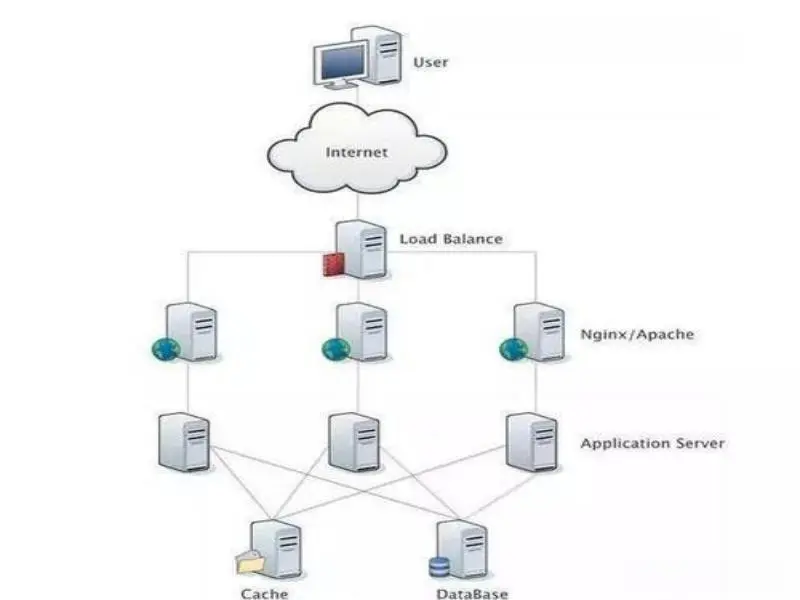- Adaptive load balancing is a vital tool for organisations operating in today’s fast-paced digital environment.
- By embracing adaptive load balancing, businesses can future-proof their infrastructure against the unpredictable demands of the digital world.
In the world of cloud computing and web applications, ensuring optimal performance and availability is crucial. Adaptive load balancing is a game-changer in managing the distribution of network traffic. It offers a proactive approach to managing network traffic, ensuring high availability, performance, and user satisfaction. This blog will explore the concept of adaptive load balancing, its importance in today’s dynamic IT landscape, and the benefits it brings to organisations.
Understanding adaptive load balancing
Adaptive load balancing is a technique that intelligently distributes incoming network traffic across multiple servers or resources based on various factors such as server load, bandwidth availability, and network conditions. Unlike traditional load balancing techniques that rely on static configurations, adaptive load balancing continuously monitors the performance metrics of servers in real-time and dynamically adjusts the traffic distribution to maximise efficiency and resource utilisation.
Also read: Adaptive load balancing: Optimising network performance
How adaptive load balancing works
Adaptive load balancing is a sophisticated approach to managing network traffic efficiently and effectively. By analysing traffic patterns and server performance in real-time, adaptive load balancing can make informed decisions on routing requests to the most suitable server. This dynamic process relies on algorithmic decision-making to determine the optimal server for each request, taking into account factors such as server load, bandwidth availability, and latency. Regular health checks are conducted to assess the status of servers, ensuring that traffic is not directed to underperforming or failing servers.
Moreover, automatic scaling capabilities allow for seamless adjustments in resource allocation based on the current workload and performance metrics. This adaptive approach to load balancing enables networks to adapt to changing traffic conditions, optimise resource utilisation, and maintain high levels of performance and availability.
Also read: How can an application load balancer optimise your web traffic?
Importance of adaptive load balancing
Enhanced performance: Adaptive load balancing ensures that network resources are utilised efficiently, preventing any single server or resource from being overwhelmed with traffic. By distributing the workload evenly across multiple servers, adaptive load balancing helps optimise performance and reduce latency for end-users.
Improved scalability: As network traffic fluctuates throughout the day, adaptive load balancing can automatically scale resources up or down to accommodate changing demands. This scalability ensures that the network can handle sudden spikes in traffic without experiencing downtime or performance bottlenecks.
Fault tolerance: By distributing traffic across multiple servers or resources, adaptive load balancing enhances the resilience of the network. In the event of a server failure or network issue, adaptive load balancing can redirect traffic to healthy servers, ensuring continuous availability and minimising downtime.
Cost efficiency: Adaptive load balancing can help organisations optimise their resource utilisation and reduce operational costs by efficiently distributing traffic across servers. This ensures that resources are used effectively and prevents over-provisioning of servers, leading to cost savings in the long run.
Better user experience: Adaptive load balancing plays a crucial role in delivering a seamless and responsive user experience. By ensuring that network resources are utilised efficiently and that traffic is directed to the most suitable server, adaptive load balancing helps minimise latency, improve page load times, and enhance overall user satisfaction.

